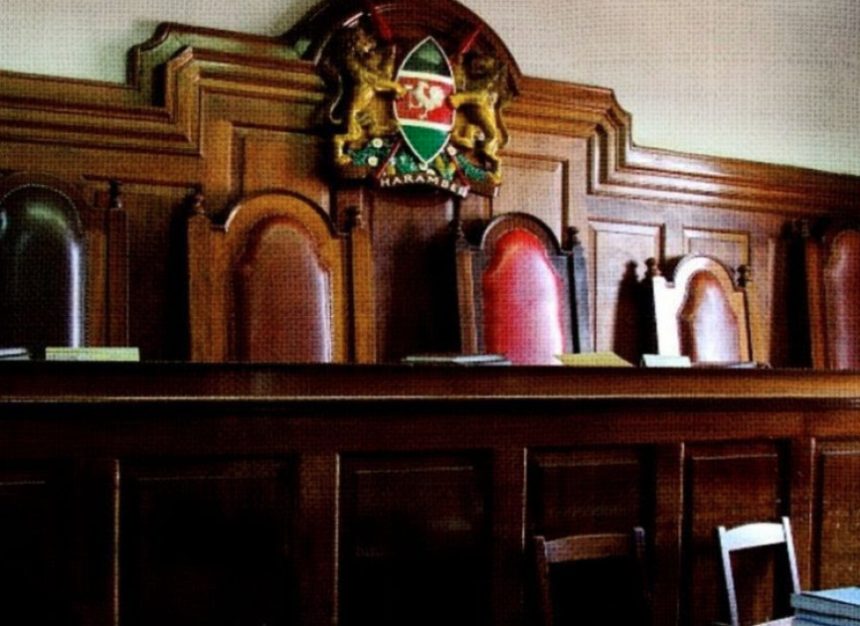After four years of investigations and a public inquest into the fatal shooting of a 17-year-old student inside the Tsavo National Park in Makueni County, a Makindu law court has ruled that the officers acted legally.
The court said on Wednesday that Benedict Kyule caused his own misfortune and unfortunate demise inside the protected area.
At the time of the killing in 2019, Kyule was a KCSE exam candidate at Kiuani Secondary School in Kibwezi East.
The inquest led by Makindu Senior Principal Magistrate Benson Nyaga Ireri was seeking to establish if there was enough evidence to prosecute three Kenya Wildlife Services (KWS) officers based at Mtito-Andei who were on duty when the young man was gunned down.
According to the court, the killing happened in the Komboyoo area and attracted 11 witnesses to testify in a public inquest, including the deceased’s father and four officers.
While delivering the verdict, magistrate Ireri stated that the deceased was actually inside the park, accompanied by other unknown poachers who might have escaped during a shoot-out.
According to the findings, at the scene of the killing, there were four spent cartridges from a 303 rifle, a homemade gun allegedly under use by the poachers.
However, there was no direct link between the gun under question to have been used by the deceased student.
“During their patrol within the Komboyoo section, Tsavo West, the officers testified that at around 3 a.m. when wild animals frequent for water, they encountered gunshots fired in their direction. They immediately took cover, lay on the ground and started firing back to protect their own life and that of the wild animals,” the magistrate read.
The court, while considering the circumstances in which the shooting occurred, stated that it didn’t find any unlawfulness or excessive use of firearms.
“My findings are that I didn’t find any omissions or unlawfulness in the use of excessive force by the three KWS officers. It is unfortunate that the deceased caused his own misfortune and unfortunate demise inside Tsavo National Park in the wee hours of the morning,” he ruled.
The court questioned what was the student doing inside the park at such wee hours of the morning.
“The area chief revealed that the boy was a frequent visitor to the park and he would often hunt dik-diks. The court finds that the shooting happened at night, and the rangers were shot in the dark, what were they supposed to do? Therefore, in my consideration, the three rangers acted lawfully to safeguard their lives and the wildlife. They didn’t deliberately or intentionally cause the death and I direct this file be closed for further action,” the court found.
Shortly after the court session, the deceased’s father Kioko Muli expressed dissatisfaction with the ruling saying the court failed to place the boy to have had a gun.
“My son was such a staunch Christian. He was more into education, if he had no knowledge of using local bows and arrows how could he use a gun?” Muli questioned during an interview.
Mutinda Kimeu, a lawyer to the family said they were dissatisfied with the ruling and they will appeal the decision.
“The officers acknowledged to have killed the boy. There was no connection between the gun recovered and the deceased. Justice has not been served. We will appeal in the high court,” said Kimeu
A post-mortem report from the Makindu Sub-County Hospital showed that the boy died as a result of excessive bleeding linked to gunshot wounds on the chest that went through the lungs.



